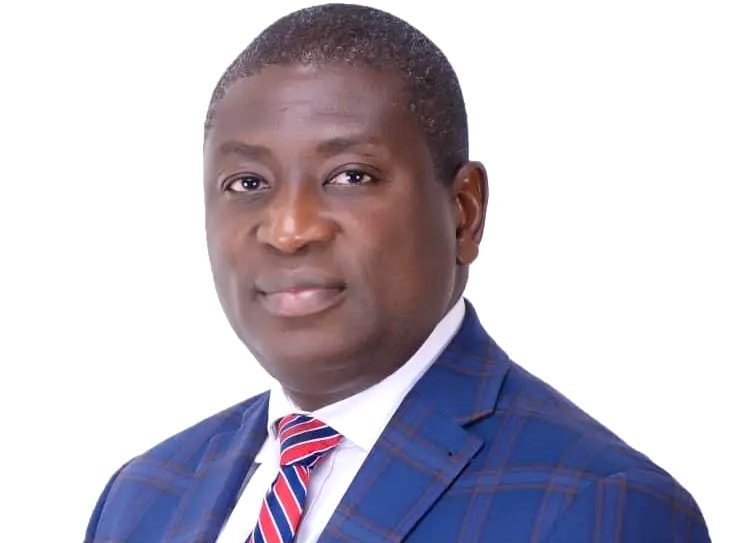A Ghanaian energy analyst has labeled the ruling National Democratic Congress (NDC) government of Ghana’s 24-hour economy initiative as a mere political slogan lacking economic viability.
In an interview on Accra-based JoyNews’ AM Show, Mr. Poku called on the President John Dramani Mahama’s government to move beyond empty rhetoric and confront what he believes to be harsh economic realities facing Ghana.
According to him, “I believe we should stop this sloganism and deal with reality,” he asserted. “We need to differentiate between politics and the actual economic situation.”
Mr. Poku says the 24-hour economy was initially nothing more than a catchy phrase lacking a clear implementation framework. Efforts to explain the policy have frequently led to confusing and contradictory statements.
“When the 24-hour economy was launched, the idea seemed to revolve around job creation through multiple shifts, including night work,” he said. “There was even an alleged claim that welders working at night would receive cheaper electricity. But today, when you read the official policy document, the narrative has shifted dramatically.”
The newly unveiled policy document expands the concept beyond round-the-clock operations to emphasise boosting productivity, industrialisation, and broader economic expansion. However, this shift means the original promise of a genuine 24-hour economy is no longer the central focus.
“You cannot mandate a 24-hour economy in a demand-and-supply-driven market,” Mr. Poku stressed. “It is not a policy that can simply be enforced. What they have now is a comprehensive plan aimed at economic growth, but labeling it ‘24-hour economy’ is misleading.”
“Financial feasibility remains a major concern,” Mr. Poku said. “The policy document estimates that implementing the 24-hour economy would cost $4 billion. When combined with other government initiatives like the ‘Big Push,’ the total funding requirement balloons to $14 billion in a very short timeframe.”
“President Mahama has only four years in office, and after exiting the IMF program next May, less than two and a half years to he has to mobilize these funds,” Mr. Poku noted. “Ghana recently secured $3 billion from the IMF, disbursed over three years. Where will the $14 billion come from in just 18 months?”
He further highlighted the private sector’s limited ability to inject such large-scale investments quickly, especially given Ghana’s current credit rating and borrowing capacity.
“No private sector investor is in a hurry to inject a billion dollars within a couple of years,” Mr. Poku explained. “The sovereign credit rating is B- with a positive outlook. Local companies cannot borrow at rates cheaper than the sovereign, so multinationals rely on their parent companies abroad for financing.”
While acknowledging the considerable effort behind the policy document, Mr. Poku recommended that the government hand it over to the National Development Planning Commission for thorough refinement.
“The document contains brilliant ideas, but it should be integrated into a long-term national development agenda,” he advised. “Trying to rush such an ambitious program within a limited political timeframe is unrealistic.”
Source: Africa Publicity








